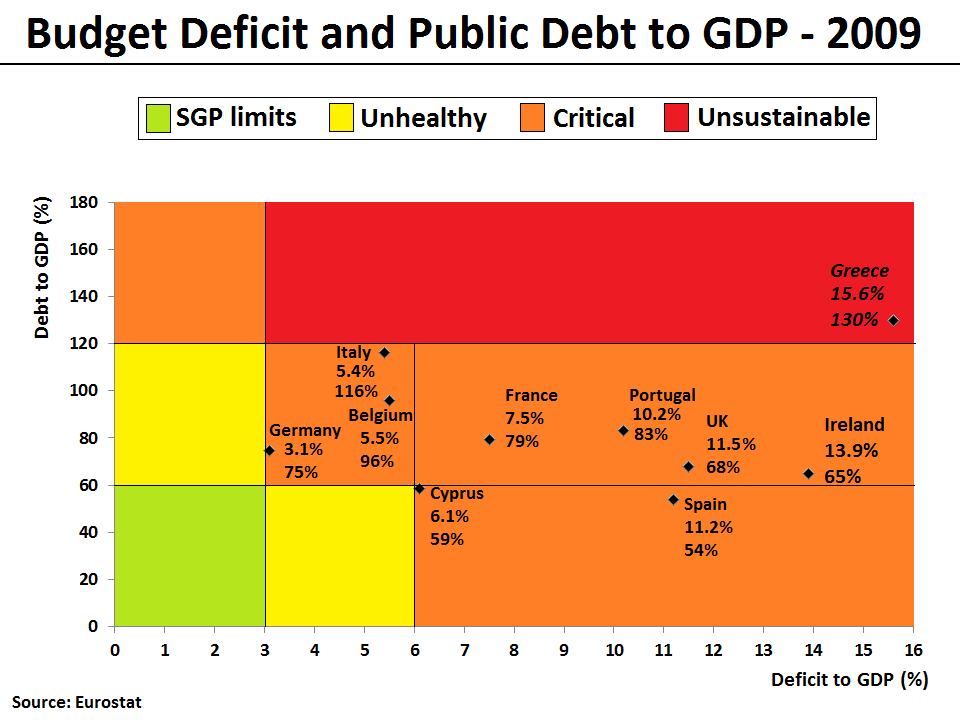Sale of Greek treasury bills raises € in wake of credit downgrade
Post on: 10 Август, 2015 No Comment

The sale of six-month treasury bills, seen as a test of Greece’s standing on the capital markets after a sharp downgrading of its credit rating by Moody’s on Monday, has raised €1.62bn (1.38bn), although at a higher price in a reflection of investor unease.
The country’s debt management office auctioned the papers at 4.75%, 11 basis points higher than its previous issue in February. Foreign investment accounted for a third of the sale with the auction being 3.59 times oversubscribed compared with 4.59 times last month.
Officials put on a brave face saying the sale had surpassed the agency’s original target of raising €1.25bn. I am pleased to see continued foreign interest in Greek T-bill auctions, Petros Christodoulou, the debt agency’s director general told Dow Jones.
The sale, which had been keenly watched by financial analysts, came 24 hours after Moody’s cut Greece’s rating by three notches to B1 from Ba1 – lower than Egypt’s – citing increased default risk.
The agency warned that further downgrades were possible and gave the debt-stricken country a negative outlook over fears that its fiscal adjustment programme was overly ambitious.
The slow pace of structural reforms, needed to reverse Greece’s low levels of competitiveness and widespread tax evasion had also attributed to the downgrade, Moody’s said.
The move elicited a furious denunciation of international ratings agencies with Athens describing the move as completely unjustified given the unprecedented austerity program in place to resuscitate the Greek economy.
Ultimately, Moody’s downgrading of Greece’s debt reveals more about the misaligned incentives and the lack of accountability of credit ratings agencies than the genuine state or prospects of the Greek economy, the finance ministry retorted.

Greece narrowly averted bankruptcy last May, plunging the eurozone into crisis, after receiving €110bn in emergency loans from the EU and IMF, the biggest bailout in history.
The socialist government was forced to seek international help after the country was being effectively locked out of capital markets by investors demanding prohibitively high interest rates for its bonds.
Under the terms of the three-year rescue package, monthly short-term debt auctions are mandatory.
Saddled with sovereign debt in excess of €330bn, Greece has to raise €12bn to offset debt that matures in March.
With its public finances closely monitored by experts from the EU, IMF and ECB, Athens is poised to receive a fourth instalment of international aid, at €15bn the biggest so far, next week.














